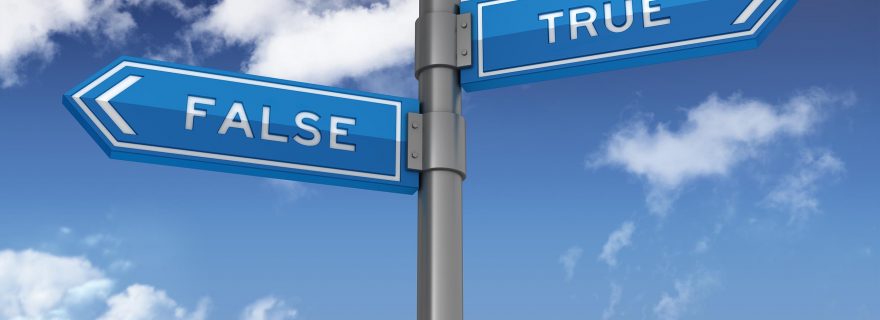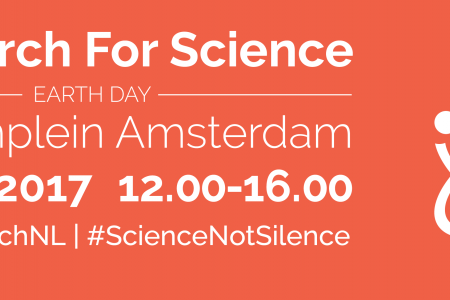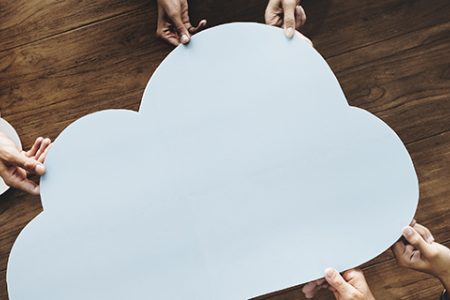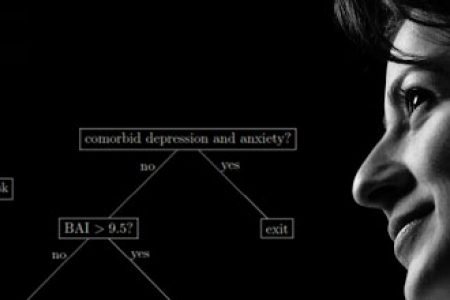How do I know if it is fake or true news?
'I care about science and accurate information first as a citizen and secondly as a researcher. Why? Because as a researcher I know what is going on in my field and I have access to accurate knowledge in that field. But as a citizen, there are limits...
... in the time and energy I can spend in a daily bases, and I have many other responsibilities such as my job, family etc. So it is impossible to know what is going on in other fields (e.g. chemistry, physics, data protection etc). For those fields I need to trust others. But who should I trust? How do I know that the information that I receive is accurate and will allow me to take the right decision for me, my family and my loved ones?
'We live in an era of overflow of information and it is difficult to know if it accurate or fake.'
We live in an era of overflow of information and open market, thanks to internet and globalization. Having access to all this information is an amazing privilege but at the same time creates a big problem: it makes it very difficult to keep track of the important information and to judge if the information is accurate or fake (i.e. whether it originates from an accurate source or someone who tries to deceive me & make profit out of the fact that I don’t have full comprehension of that field).
How can you distinguish if it is true or fake information?
I will give an example. A friend of mine recently forwarded me a link asking whether the content was accurate. The video was about an 'amazing discovery' that treated an Alzheimer’s patient, a very severe case, in two weeks only. How? By combining food ingredients and spices that originate from Asia. It might sound strange here, but the video itself was indeed very persuasive. It even made references to research originating from universities and it was argued that the video might be forcefully deleted because pharmaceutical industries will lose a lot of money if this secrete 'amazing recipe' gets revealed. This fact created huge conflict in me. Scientists who study brain function know that, when the brain gets degenerated at such a degree as happens with late stages of Alzheimer’s disease, it is unfortunately not possible to cure and regenerate all the neurons that were lost, at least not yet. I know this and I have worked in a Neurological department with patients with dementia in the past.
Yet, this video was so persuasive and appealing, even to me. Could you imagine what effect it might have on someone who doesn’t happen to work in the field of brain research/ neurology/medicine? Especially if you are really desperate because your family member, your partner, your parent or close friend is the one who has Alzheimer’s disease? What would you do then? It would be normal to try your best to help your loved one. Even if you had doubts and the doctor told you that this video is not accurate, you might have given it a shot because the video itself created doubts and distrust for the role of medicine and pharmaceutical industries. Now this is only an example. There are thousands of other examples from different fields and one of them will definitely apply to you and your loved ones at some point. What do you do then?
Accurate knowledge is the output of a very strict method that scientists follow. In sum this is called 'peer- review' method.
Scientific methodology takes a lot of time, is thorough, reassures that the correct steps were taken and that the right methodology was used. The target is to reassure that wrong conclusions (which lead to fake news) are excluded. Scientists spend many years of their life learning about the correct methods that apply in their specific field and apply them in all the experiments or kind of work that they do.
As a citizen, I have a busy life, I have to spend a lot of time in my job, taking care of family members etc so it is impossible to know everything. But I know one thing: I can trust the news that comes from scientists. Science leads to accurate knowledge that is free of bias and any conflict of interest. So it leads to development, cure of diseases and a better society. If it takes long to find the cure for a disease, it is because when the cure is found it will be for real.
Science is important for me as a citizen
The March for Science is a gathering of citizens and scientists to celebrate science in a non–partisan way and to send the message that science matters to them. It takes place in 500 cities around the world on the same day! It is not only for scientists, because they already have access to knowledge. I would say it is most important for the citizens who don’t do research because they need to know what to trust. Science leads to accurate, non–biased, objective knowledge, development in all fields and to a better society. Therefore, it is our right and responsibility as citizens and as researchers to protect it. This is going to be an amazing event with multiple stands, inspiring talks by scientists from all over the Netherlands, work-shops and much more. You can also combine it with a day out with your family. So there are many reasons to join the March for Science NL on 22 April in Amsterdam (Vlog)





